Ignorance and lack of cultural respect behind denial of karakia at Kaipara Council meeting
Kaipara Mayor Craig Jepson’s refusal to allow a karakia to be said at the beginning of his first council meeting is not the great “struggle for political legitimacy and cultural power” that Chris Trotter suggests.
It is a simple story of lack of cultural respect, and possibly ignorance, by the mayor. Most of the criticism he has received is well deserved and to suggest the disapproval heaped on him is a challenge to the mayor’s political legitimacy is just plain silly.
The mayor has a right to his opinions, but it is quite wrong for Chris Trotter to suggest he has some kind of democratic mandate to deny a karakia at the start of a council meeting. Had the mayor raised this as an issue during the election campaign he’d be on stronger ground but as far as I’m aware his decision to refuse what is a widespread, respectful, cultural practice in meetings across our public services and public institutions came out of the blue to Kaipara voters.
If Craig Jepson thought democracy was the issue he could have put his decision to the vote around the council table but chose not to do that either – he doesn’t have a claim of political legitimacy for his decision or a democratic leg to stand on.
Mayors are not elected to dictate and their most important role is to provide positive leadership in bringing their diverse councillors and communities together to work on the full range of local body issues. What is astonishing is that he seemed unaware that refusing karakia at the start of the meeting, something which is becoming a well-established kiwi cultural practice, would cause controversy and more. Where has he been the last 40 years?
I may be wrong but I suspect his denial of Māori cultural input at the meeting is rooted in deeper antipathies which will be shared by others in the area, hopefully a minority. But it is not his role to parade his prejudices after the election and leave voters, in particular mana whenua, angry and bewildered.
The best one could say about Mayor Jepson is that he was misguided and clumsy – but like all of us he can learn and change.
It’s important to say here (to the atheists at least, of which I am one) that karakia may involve a Christian prayer, such as has been used to open parliament each sitting day, but in my experience are more often than not a simple, non-religious, expression of Māori cultural values. (To learn the difference, learn Te Reo) Either way their expression adds richness and depth to our public life in Aotearoa New Zealand and values the heritage of mana whenua. Karakia before meetings are a simple expression of cultural respect.
It’s disturbing that Chris Trotter finds the heavy criticism of the mayor’s decision an expression of Māori “cultural power” as though this is a worrying, negative development. Enhancing our democracy means respecting all cultures and in particular finding and opening up ways big and small for expressions of Māori self-assertion after the dominant European “cultural power”, through its long history of delegitimising, denigrating and attempting to erase Māori culture altogether (destruction of a language is destruction of a culture), has done so much devastation which continues to resonate for Māori today.
I don’t want to get on a high horse but it needs to be said that Europeans are still largely ignorant of the colonial history of Aotearoa and the impact on Māori. There are a lot of good books available at local libraries and I’d recommend “The Great War for New Zealand” by Vincent O’Malley if you want a good place to start.

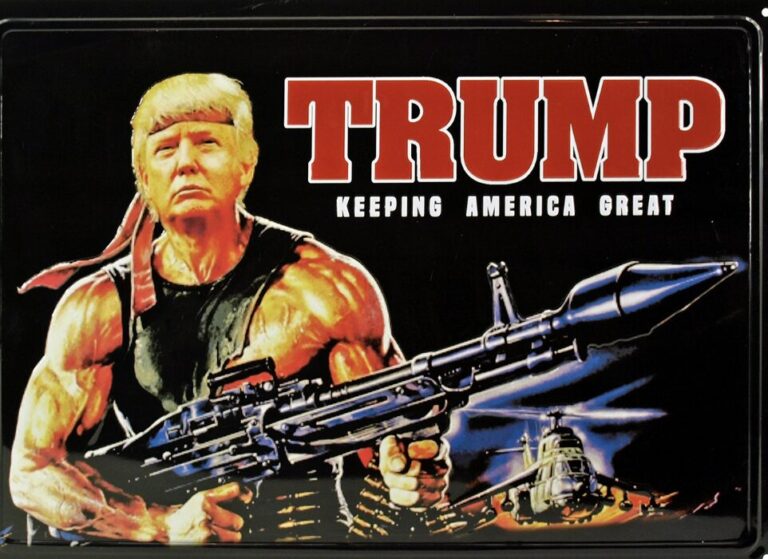
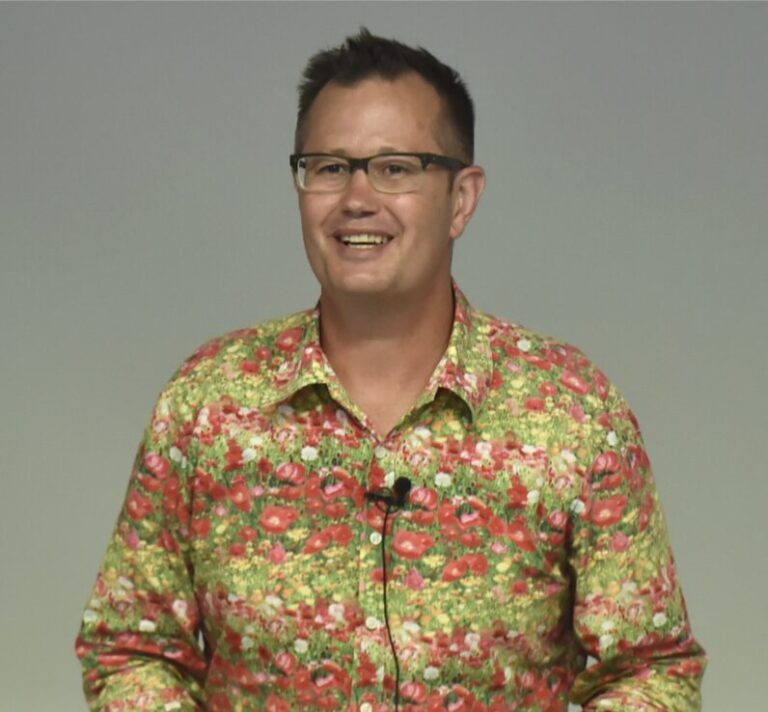
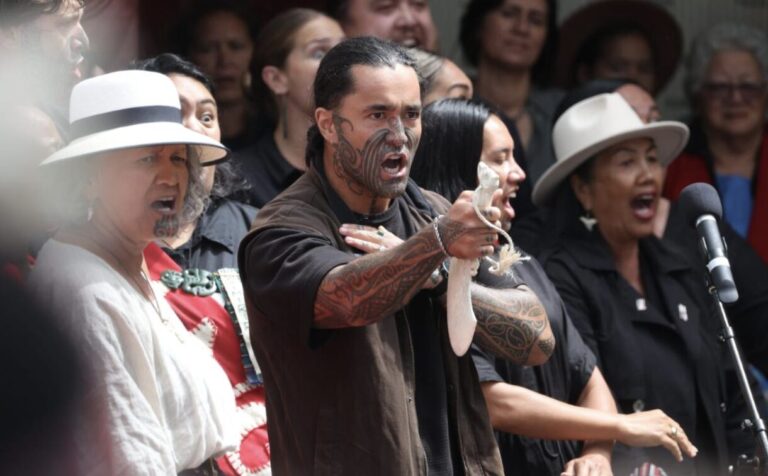
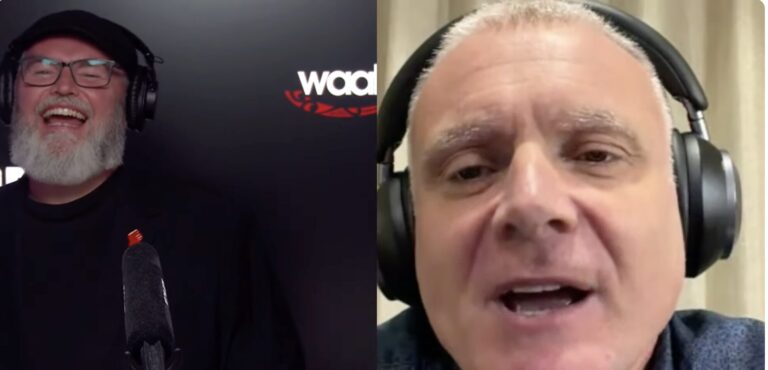
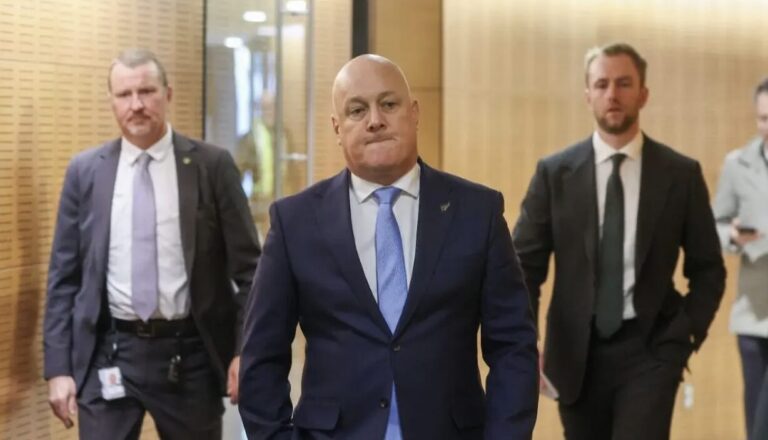
Its a bit like the Ihumato thing for me. Yes wrong that a Pakeha farmer had the land for so long.
But my understanding was Fletchers reached a deal and involved the local marae. The deal involved some houses being built for them. The local marae signed up to that deal. Flecthers got in archeologists who surveyed the land to ensure whatever burial had been used there was protected. A significant amount of that land was to be put aside to honour its historical origins (I think it is thought to be the place where Maori first landed). Fletchers were also going to set up some sort of museum to honour that.
Then a university educated law graduate got involved and the rest is history. The govt bought the land out of their housing budget on the conditions that houses were built on it. Last I heard they still hadn’t appointed the people who are going to move this project forward ((i.e. build much needed houses). It could take many years before this happens.
I do admire your activist work John in Glenn Innes, but I believe the original plan should have gone ahead.
However my own view is that the initial project was a good one and would have benefited local Maori while protecting this special space. Also the housing money the govt spent on buying this land could have been spent elsewhere on building housing that was build ready.
Karakia is associated with a spiritual usually Christian blessing.
This usually kills it dead for me.
Ignorance and lack of cultural respect behind insistence of karakia at Kaipara Council meeting
“some kind of democratic mandate to deny a karakia at the start of a council meeting”
He has a democratic mandate to run a council meeting as he sees fit subject to rules of procedure. Karakia are not not part of the rules. Respect the rules, or descend into chaos.
“and attempting to erase Māori culture altogether (destruction of a language is destruction of a culture)”… John, do you not know that banning the use of Maori in schools, which is what I assume you are referring to, was a Maori initiative?
There were several petitions presented to Parliament in the 1870s and Sir Apirana Ngata was evangelical about the primacy of English in education in the 1920s and 30s.
It was Ranginui Walker who said that when children were caned / strapped for speaking Maori at school, the teachers were doing it on behalf of their Maori parents, who supported the policy.
Its not taking precedence, it seems to me it is sharing precedence.
There seems to be a feeling that there are two competing nations. That one ”winning” entails the other losing.
It seems to me that the whole idea of equality on the left is moot if any group has an assumed precedence that is silent until some impingement (no matter how trivial) leads to an uproar that is confounding without an assumption that: (to paraphrase the paradox in Lord of the flies) ‘some are more equal than others’.
Otherwise, how on earth can anyone explain this situation turning into a news story, let alone the headline above Trotter’s item?
“Where has he been the last 40 years?”.. In Northland most likely.. As one who was born there, I’m well aware of the deep seated bigotries, and hatreds that are an intrinsic part of the “culture” there. I’m a child of English/Irish parentage, and even as a child I found the attitudes there appalling in their meanspirited and exclusive nature… The closet isn’t big enough for the hidden skeletons, and hasn’t been for centuries…
Consequently, their biggest export has been their young people, which won’t change until the colonial descendants have the power taken from them.. Don’t think for a second that they will ever “share”.. That ain’t the British way don’t you know..
Well, this must be a first. On this issue, I completely agree with John Minto. As he notes, it is about respect and an acknowledgement of tangata whenua.
I would also note, that I don’t like the compromise. The Karakia should be part of the meeting.
Kaipara District Council had been opening meetings with Karakia for many years so a precedent had been set and should have been itemised as a formal part of the meeting agenda. Its absence should have been noted and questioned before the meeting. Jepsons prejudice is well known in the district so no real surprise there. What is surprising is the degree of rudeness when the mayor tried to shut down Paniora. It’s very disappointing that the other councillors, indeed other people present did not object protest or question Jepsons closed minded attitude at the time. As an elected official he is to perform the functions of office without acting on personal beliefs or biases. Because karakia had been performed at prior council meetings it was standard procedure and something important to many Māori constituents. Jepson choose that moment to grandstand his beliefs on the meeting and departed from an established protocol. It’s no surprise that his stance supposedly on religious grounds have had have less pushback than his cultural insensitivity. Jepson may consider himself able to read a room, but is he able to lead a room, especially one as broad as Kaipara?
CB
The facts
The final arrangement in respect of the 10 elected members taking it in turns to make a reflection before the 11 formal council meetings in each year was intitiated by Councillor Paniora and agreed to by all the elected members, including Councillor Paniora.
The decisions complies with the declaration of the newly elected members, the provisons of the Local Government Act 2002, and Standing Order 10 of the KDC’s Standing Orders taken from the Local Government New Zealand template:
10. Opening and closing
Local authorities, local boards and community boards may, at the start of a meeting, choose to recognise the civic importance of the occasion through some form of reflection. This could be an expression of community values, a reminder of the contribution of members who have gone before or a formal welcome such as a mihi whakatau.
Options for opening a meeting could include a karakia timitanga, mihi wahakatau, or powhiri as well as a karakia whakamutunga to close a meeting where appropriate.
The LGNZ Guide to Standing Orders 2022 states:
SO 10: Opening and closing your meeting
There is no obligation on a local authority to start their meeting with any refelction or ceremony, however, it is an icreasingly popular approach.
Clive Boonham
Read He Paupau, Maori customs are to.be enshrined in law and Maori culture taught or some would say indoctrinated in schools
Maori culture should have been taught in schools from day one, why would we have the pakeha culture and not the culture of the first people. Please quote from He paupau – a draft document – where it says Maori customs are to be enshrined in law?
He Puapua has not been accepted it has not even been discussed at Cabinet level.
The National party signed the declaration of rights of indigenous people, papers were called for to see what this might mean. THAT IS AS FAR AS IT HAS GONE.
Oh Michal you base your reasons far too much on fact to be listened to. It’s just like co governance examples can be found way before Labour took the reigns in 2017 but somehow it’s only now that pearls are being clutched to the point of being pulverised.
Many NZ bend over backward for other peoples’ cultures yet they poo poo and devalue our Maori culture very sad indeed.
Karakia is from a the christian missionaries – aren’t the woke trying to rid ourselves of the oppressive colonial past?
Weird.
I’m against religious prayers in public settings.
Yes indeed saveNZ!
This is not really ‘Maori Culture’ because there were no karakia prior to the introduction of Christianity. Instead, it’s a saccharin flavoured version, invented by well-meaning people academia and government who have nothing productive to do.
Save NZ that is very interesting.
100% this won’t get by etc
You already capitulate without question.
Kissing ass to the symbols of the imperialist mayor’s cloak, the feudalism of the mayor’s chains and the dicks in ties. It’s a meeting embedded in the dictatorship of ” Robert’s Rules” from the 1800’s and when given thought the idea of having a mayor is ludicrously obselete.
O’Toole, your lack of respect for democratically elected officials is the reason I think it is time we drew a line in the sand
Chris Trotter’s involving voting figures and % comparisons are nothing more than employing “tyranny of the majority” tactics.
In the Far North Karakia are part of daily life, and even in the “mid North” are regularly used, as they are throughout NZ. The non religious generally go along with them out of courtesy and respect, not because they buy into Christianity or spiritualism. But as John Minto says some Karakia are more affirmations, acknowledgements all round of the occasion, the district, the organisations and people involved.
What other rituals do people of all stripes tolerate or even quite enjoy? There are hundreds of them in public life if you have any contact with Courts, Justices of the Peace, Lawyers and various cultural groups of the range of nationalities in NZ. etc.
This attempted Karakia ban was barely disguised racism from what has long been a right wing Council. It will change from public pressure, just as the Far North District Council is at long last changing.
Life does not work on Standing Orders alone as the Kaipara redneck holdouts will see.
As the national nz anthem was translated to Maori, and sung together, why don’t we translate the Karakia to English and both sung together. I bet lot of issues will dissapear.
If it worked for Maori with national anthem, it will work with all others for Karakia.